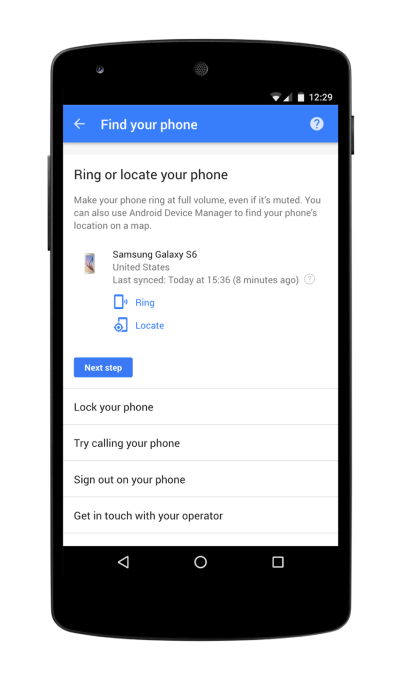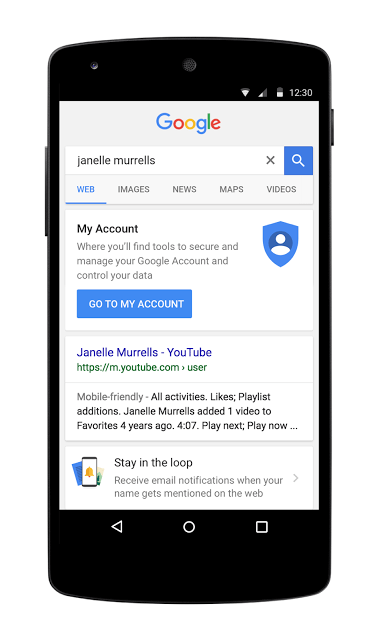NEW YORK: Expanding the Surface family, Microsoft has unveiled Surface Studio, Surface Dial and a more powerful Surface Book along with an announcement that a major update is coming to more than 400 million Windows 10 devices in early 2017.
"At Microsoft, our mission is to empower every person and every organisation on the planet to achieve more," said Microsoft's CEO Satya Nadella at an event here on Wednesday.
"With Windows 10, Microsoft Surface and the medium of Mixed Reality, we aim to empower the builders, the makers and the creators with the tools to create, collaborate and express themselves in new ways," the Indian-born CEO added.
Starting at $2,999, Surface Studio is a new class of device that transforms from a workstation into a powerful digital canvas, unlocking a more natural and immersive way to create on the thinnest LCD monitor ever built.
With ultra-HD 4.5K screen, Surface Studio delivers 63 per cent more pixels than a state-of-the-art 4K TV.
The device works beautifully with pen, touch and Surface Dial -- a new input device designed for the creative process that lets you use two hands on the screen to compose and create in all new ways, Microsoft said.
Launching as a free update in early 2017, the Windows 10 Creators Update will enable anyone to create, share and experience in 3-D and mixed reality, connect people faster to those they care about most, and empower every gamer to be a broadcaster.
With the Creators Update, Microsoft Edge will be the first browser to fully embrace 3-D.
Surface Studio has 28-inch PixelSense Display that immerses the user in 13.5 million pixels of true-to-life color and the Zero Gravity Hinge allows the screen to effortlessly adjust to each stage of the creative process.
When the screen transitions take place from Desktop Mode to Studio Mode, it sits at a 20-degree angle, the same angle as a standard drafting board, making it ideal for sketching, writing and designing.
"Architects can sketch their ideas with the Surface Pen, put them into production using powerful 3-D modeling software, and review and mark up plans with a client, all on one device," Microsoft said.
The $99 Surface Dial integrates with Windows 10 to work with Surface for a faster and more intuitive way to scroll, zoom and navigate.
When you place the Dial directly on the screen, it brings up a set of digital tools specific to the app that is open, allowing people to more seamlessly move through their workflow.
The combination of Dial, pen and touch creates a more immersive and tactile way for people to create in digital environments.
Microsoft also introduced $2,399 Surface Book with Performance Base, making the most powerful laptop in its class even better.
The three new Surface Book models feature 6th Generation Intel Core i7 processors and pack more than twice the graphics processing power as the original Surface Book. Surface Book brings 16 hours of battery life.
With the Surface Book with Performance Base, engineers can spin 3-D CAD models with thousands of parts; designers and developers can render large files quickly; and gamers can play more of their favourite games.
No other laptop combines similar battery life, performance and pixels in as lightweight a package.
With the Windows 10 Creators Update, Microsoft unveiled a comprehensive vision across hardware and software to bring 3D to everyone. The Creators Update brings new creativity and gaming experiences built around the people who matter most.
Microsoft announced that HP, Lenovo, Dell, Acer and ASUS will ship the first VR headsets capable of mixed reality through the Creators Update.
"Coming in 2017, these accessories will contain built-in sensors to enable inside-out, six-degrees of freedom for simplified setup and to more easily move around your home as you experience virtual worlds - no markers required," the company said.
With the Windows 10 Creators Update, the new VR accessories will work with affordable laptops and PCs and start at $299.
"At Microsoft, our mission is to empower every person and every organisation on the planet to achieve more," said Microsoft's CEO Satya Nadella at an event here on Wednesday.
"With Windows 10, Microsoft Surface and the medium of Mixed Reality, we aim to empower the builders, the makers and the creators with the tools to create, collaborate and express themselves in new ways," the Indian-born CEO added.
Starting at $2,999, Surface Studio is a new class of device that transforms from a workstation into a powerful digital canvas, unlocking a more natural and immersive way to create on the thinnest LCD monitor ever built.
With ultra-HD 4.5K screen, Surface Studio delivers 63 per cent more pixels than a state-of-the-art 4K TV.
The device works beautifully with pen, touch and Surface Dial -- a new input device designed for the creative process that lets you use two hands on the screen to compose and create in all new ways, Microsoft said.
Launching as a free update in early 2017, the Windows 10 Creators Update will enable anyone to create, share and experience in 3-D and mixed reality, connect people faster to those they care about most, and empower every gamer to be a broadcaster.
With the Creators Update, Microsoft Edge will be the first browser to fully embrace 3-D.
Surface Studio has 28-inch PixelSense Display that immerses the user in 13.5 million pixels of true-to-life color and the Zero Gravity Hinge allows the screen to effortlessly adjust to each stage of the creative process.
When the screen transitions take place from Desktop Mode to Studio Mode, it sits at a 20-degree angle, the same angle as a standard drafting board, making it ideal for sketching, writing and designing.
"Architects can sketch their ideas with the Surface Pen, put them into production using powerful 3-D modeling software, and review and mark up plans with a client, all on one device," Microsoft said.
The $99 Surface Dial integrates with Windows 10 to work with Surface for a faster and more intuitive way to scroll, zoom and navigate.
When you place the Dial directly on the screen, it brings up a set of digital tools specific to the app that is open, allowing people to more seamlessly move through their workflow.
The combination of Dial, pen and touch creates a more immersive and tactile way for people to create in digital environments.
Microsoft also introduced $2,399 Surface Book with Performance Base, making the most powerful laptop in its class even better.
The three new Surface Book models feature 6th Generation Intel Core i7 processors and pack more than twice the graphics processing power as the original Surface Book. Surface Book brings 16 hours of battery life.
With the Surface Book with Performance Base, engineers can spin 3-D CAD models with thousands of parts; designers and developers can render large files quickly; and gamers can play more of their favourite games.
No other laptop combines similar battery life, performance and pixels in as lightweight a package.
With the Windows 10 Creators Update, Microsoft unveiled a comprehensive vision across hardware and software to bring 3D to everyone. The Creators Update brings new creativity and gaming experiences built around the people who matter most.
Microsoft announced that HP, Lenovo, Dell, Acer and ASUS will ship the first VR headsets capable of mixed reality through the Creators Update.
"Coming in 2017, these accessories will contain built-in sensors to enable inside-out, six-degrees of freedom for simplified setup and to more easily move around your home as you experience virtual worlds - no markers required," the company said.
With the Windows 10 Creators Update, the new VR accessories will work with affordable laptops and PCs and start at $299.

